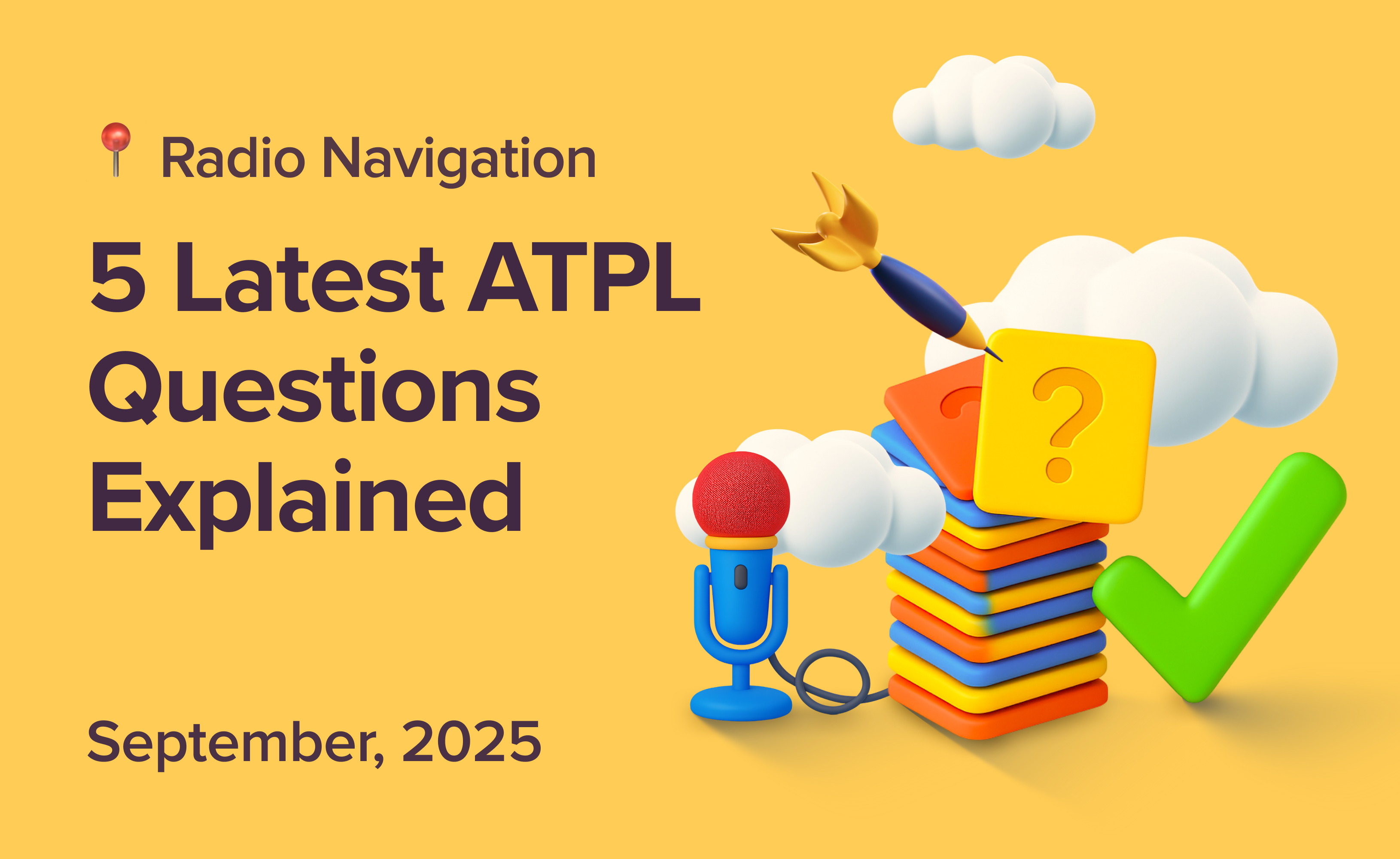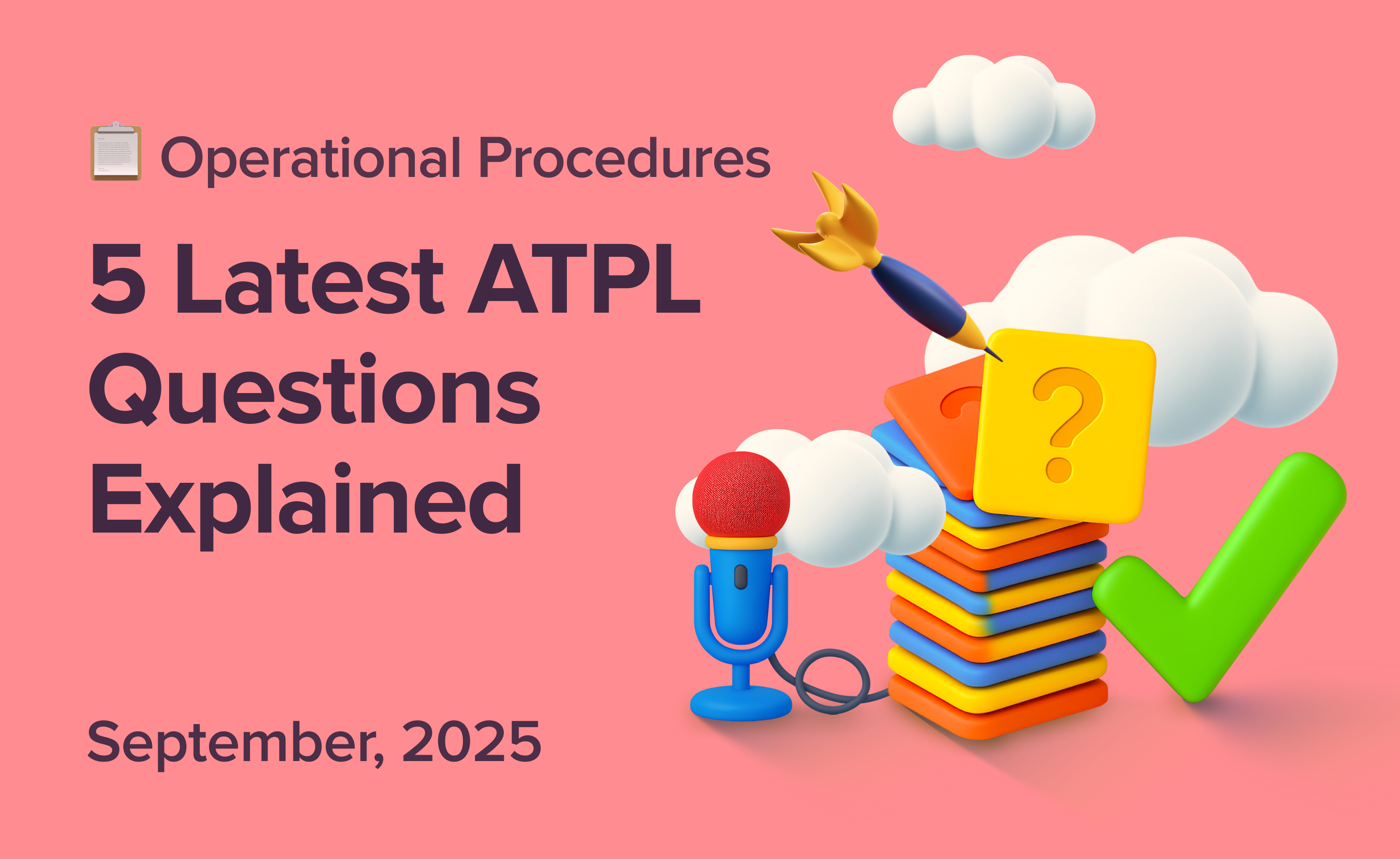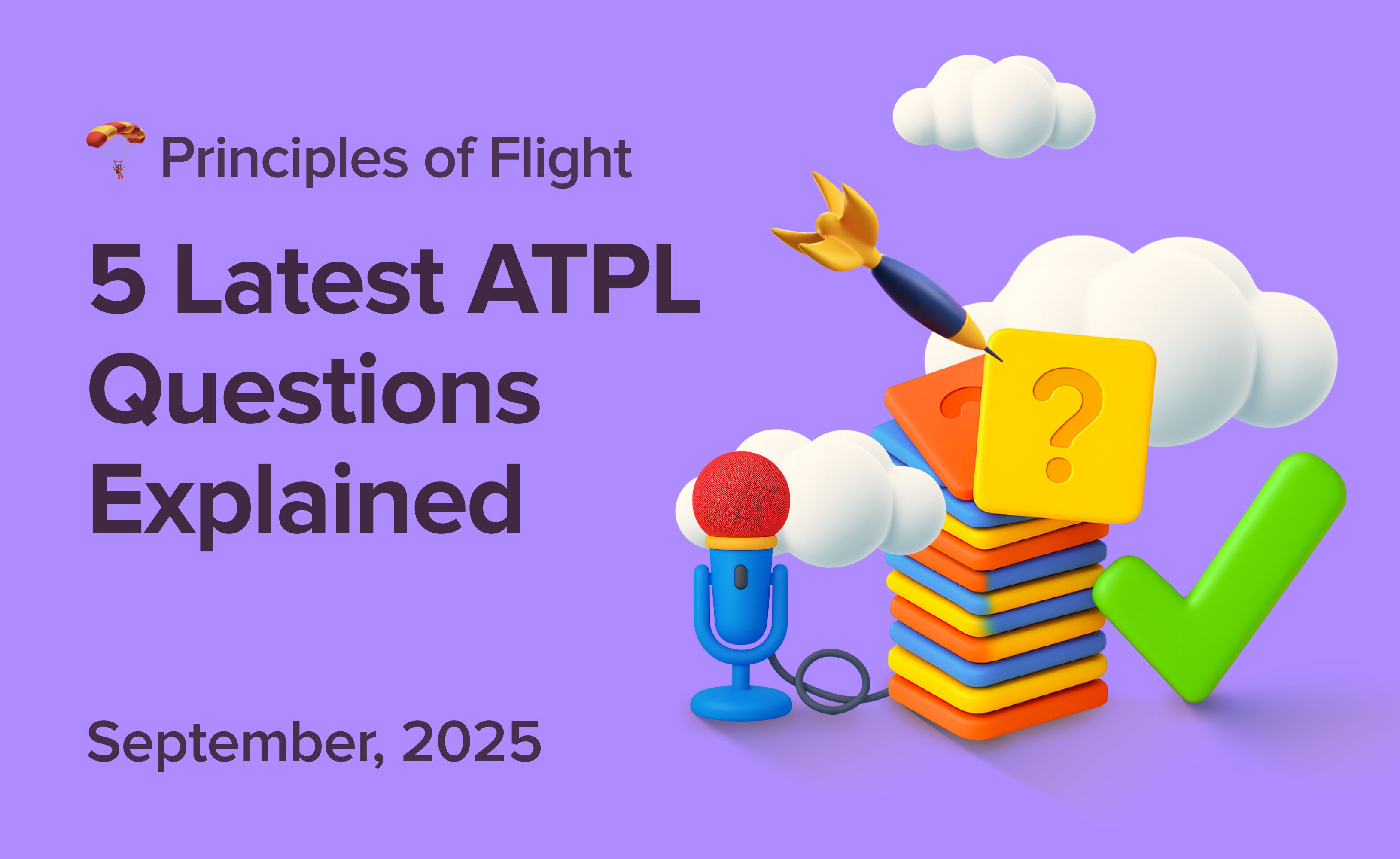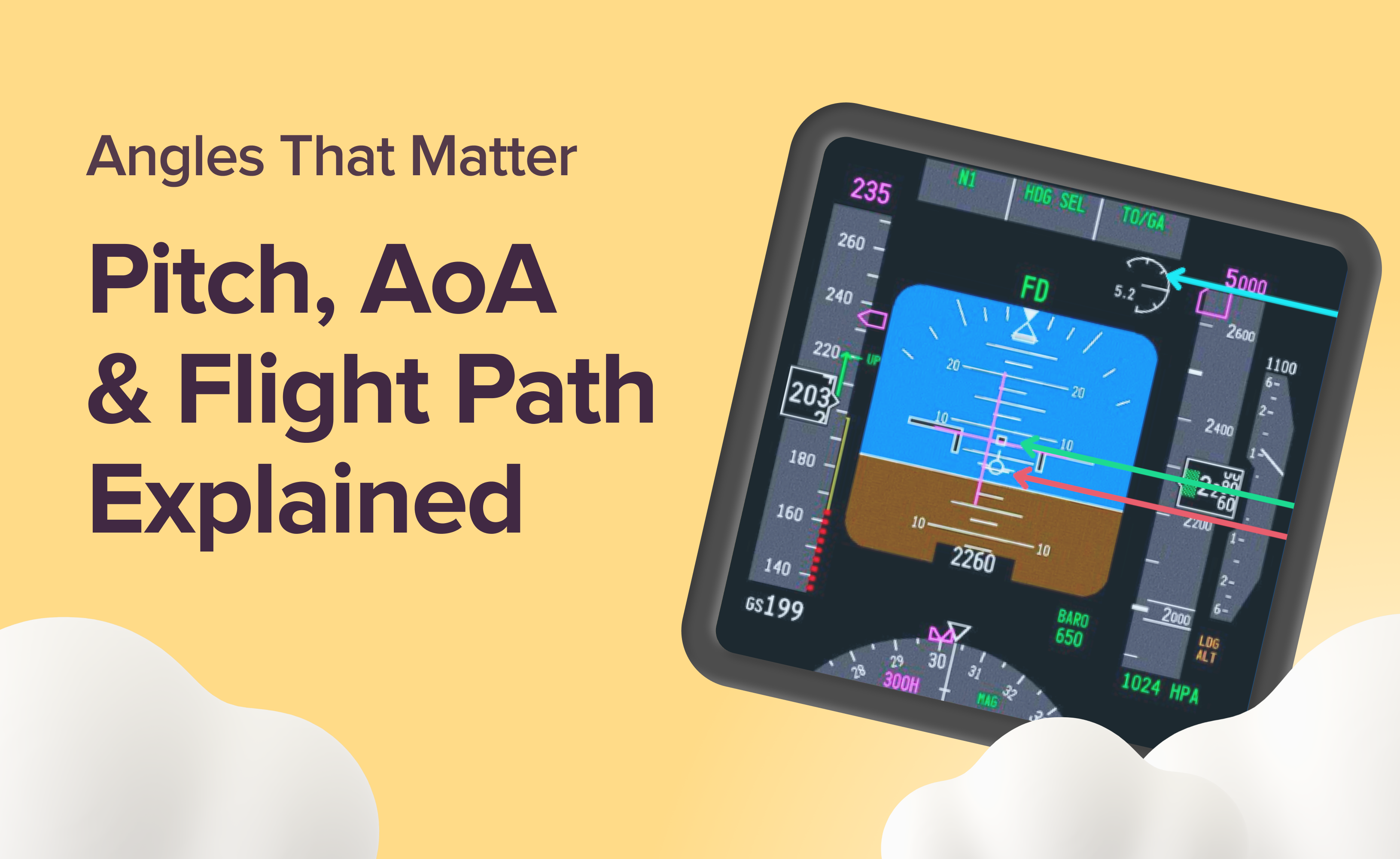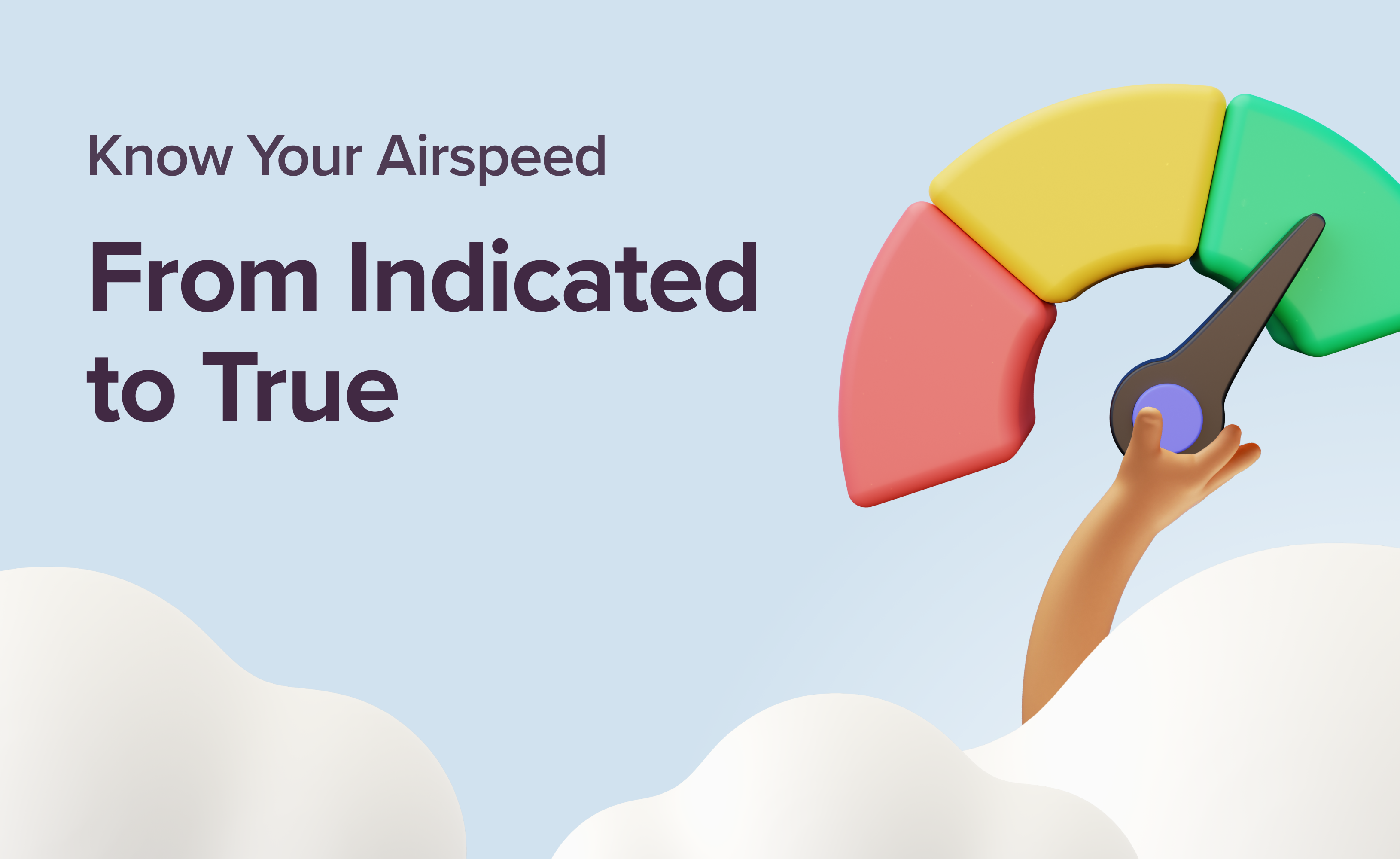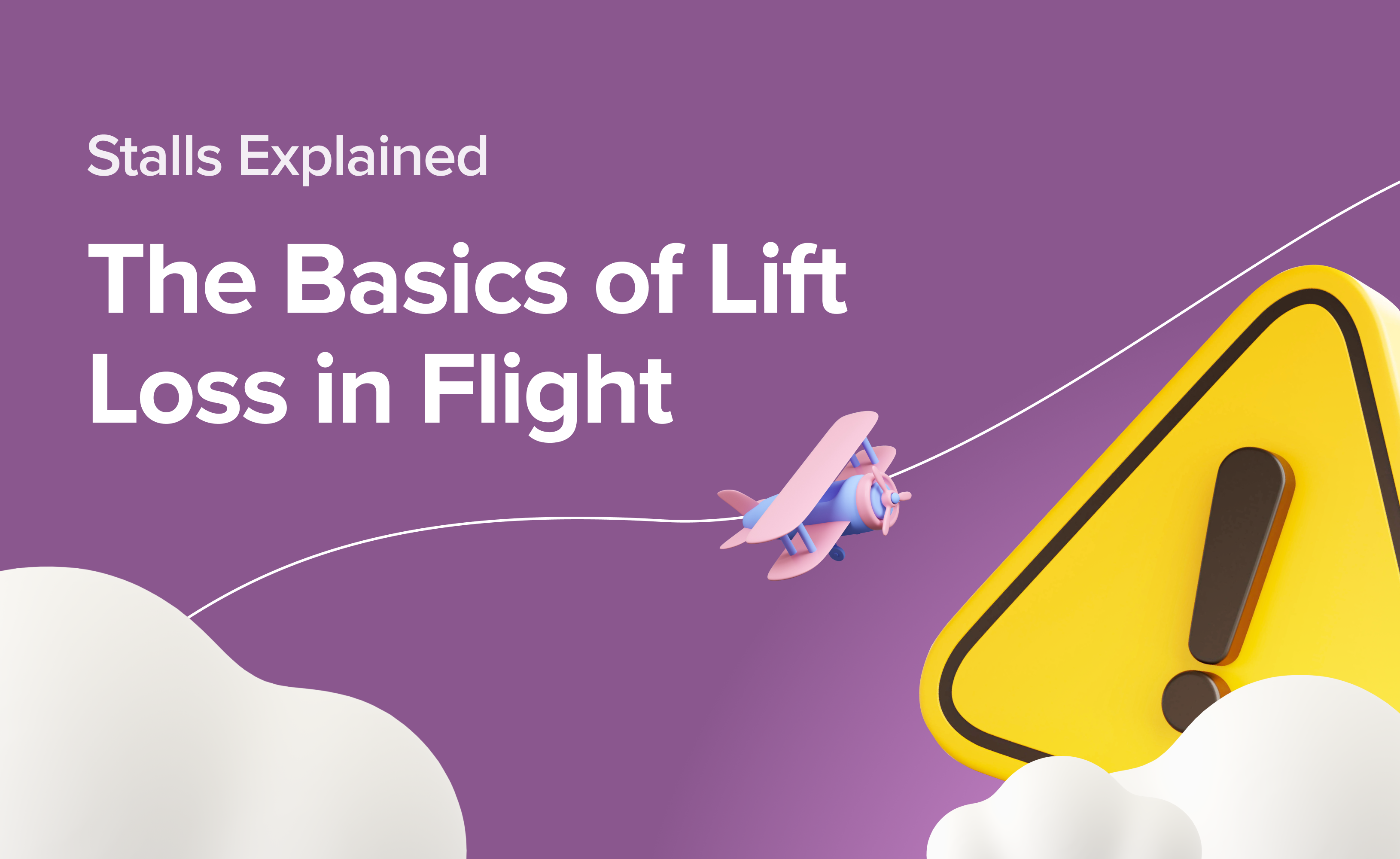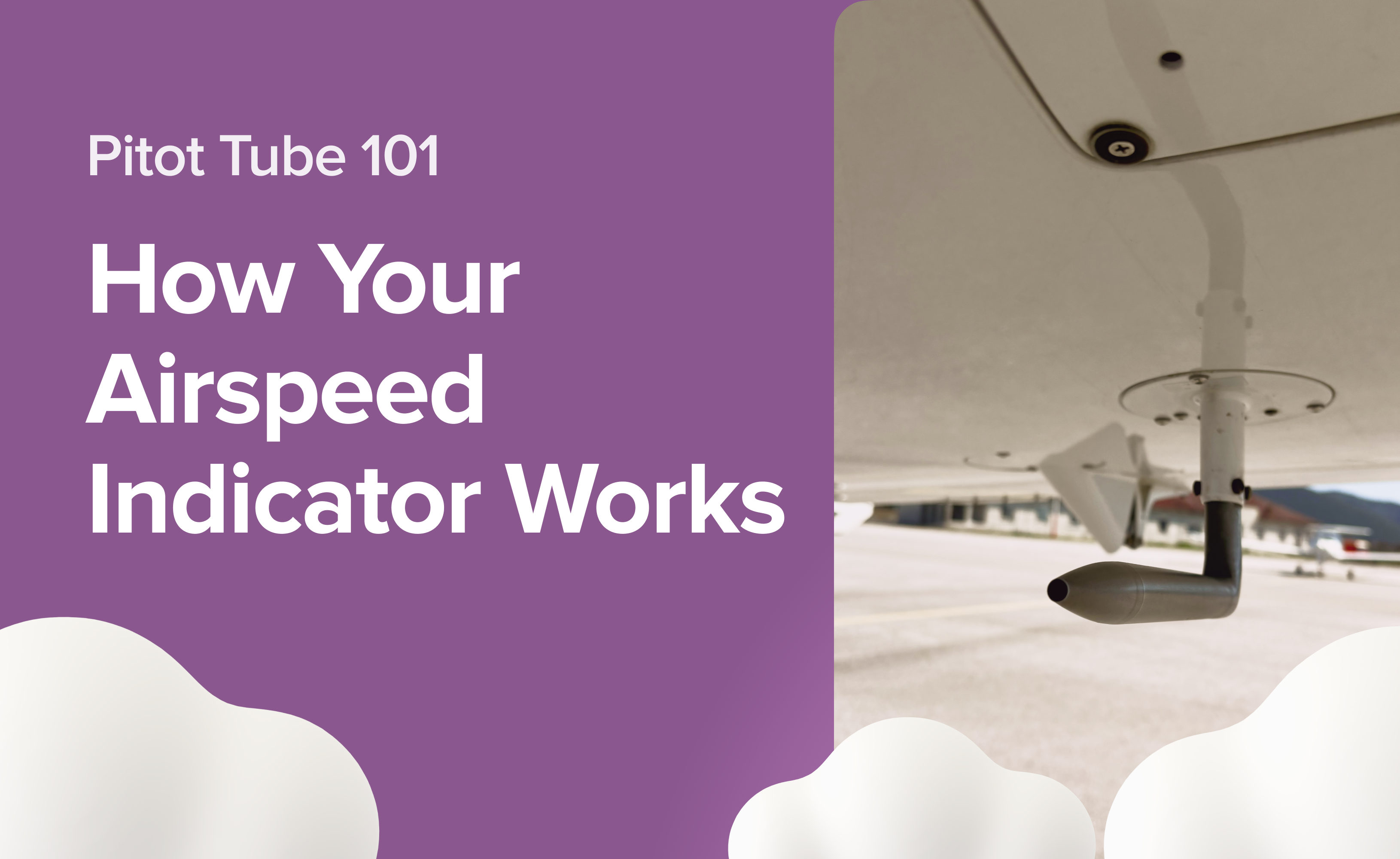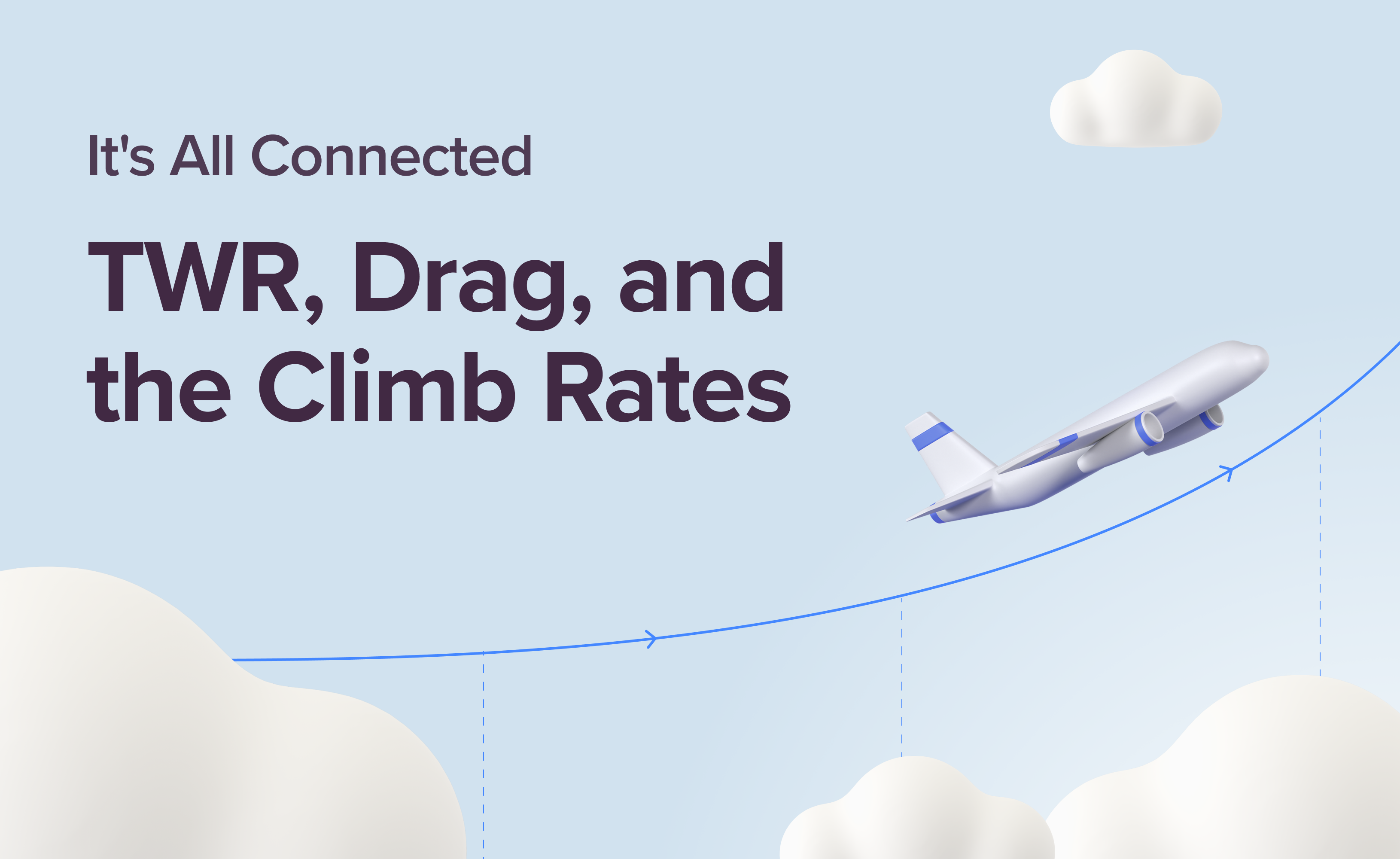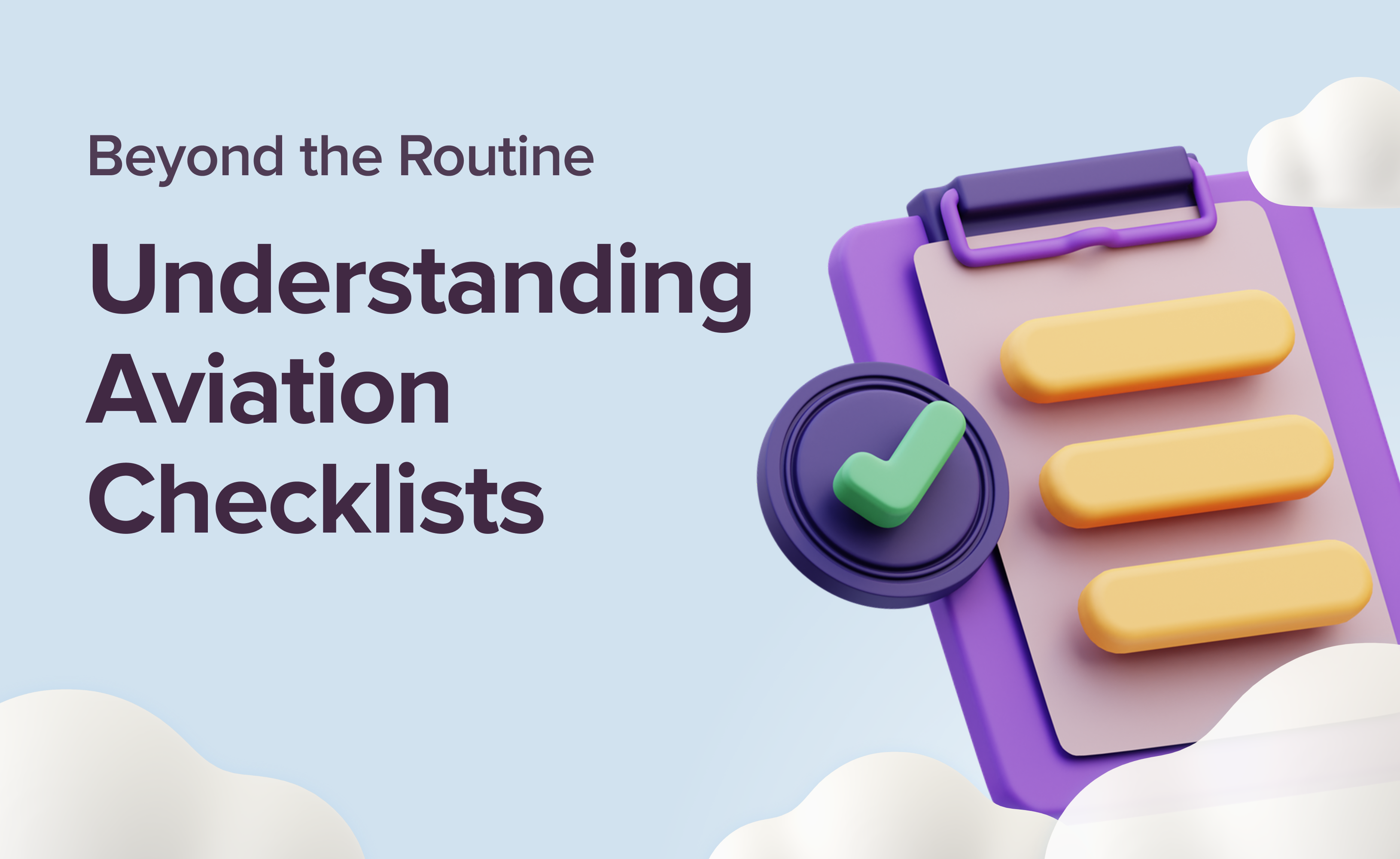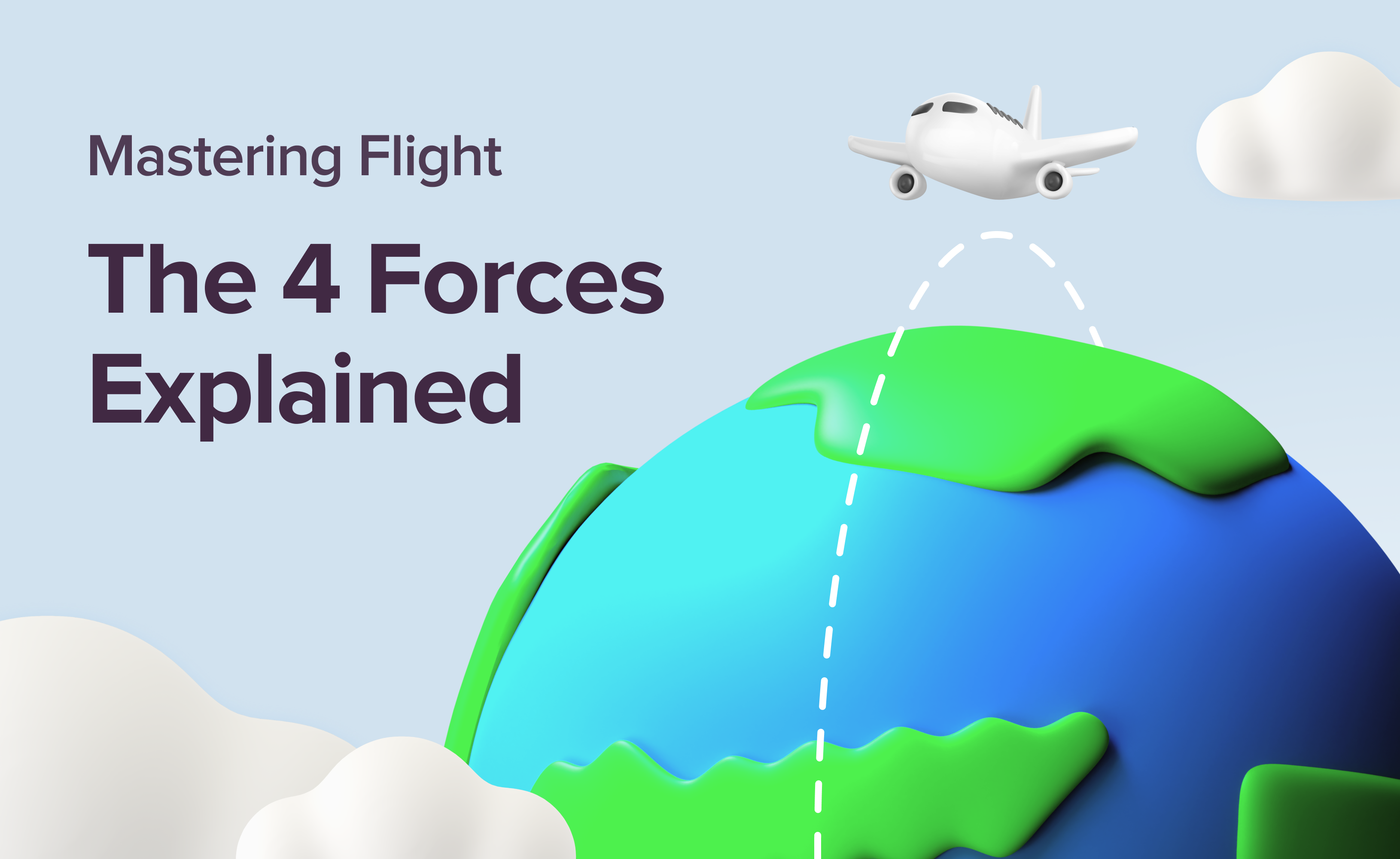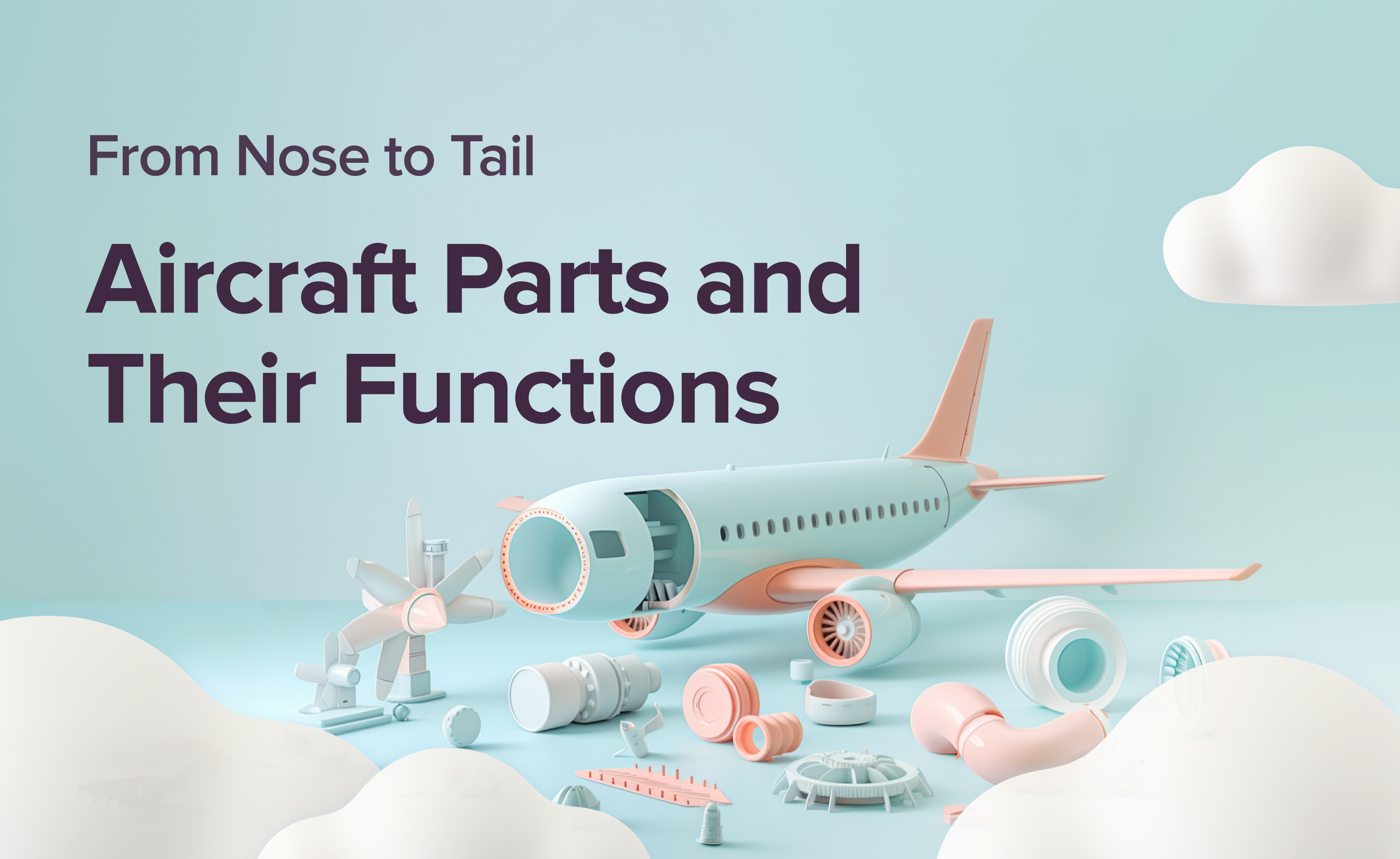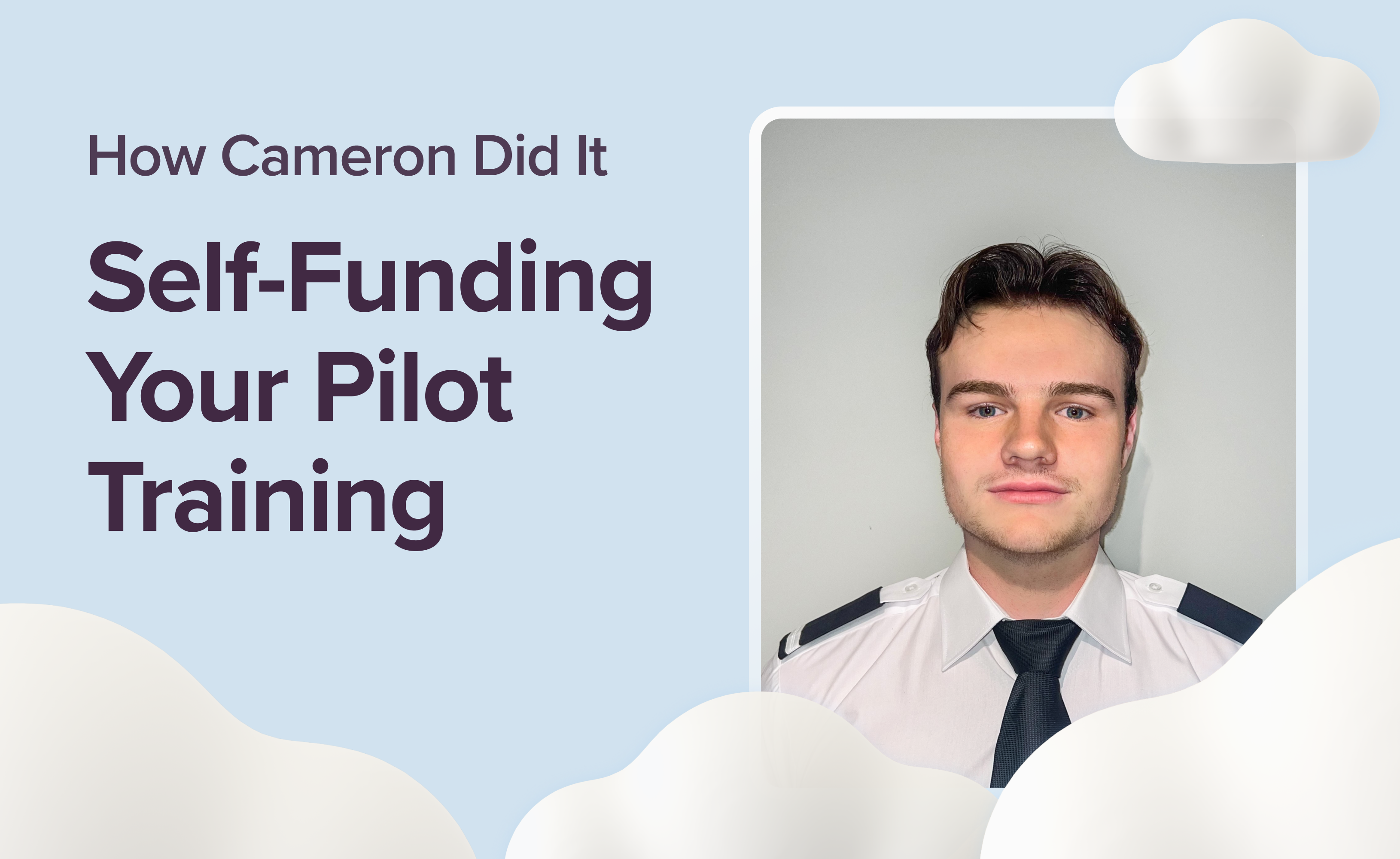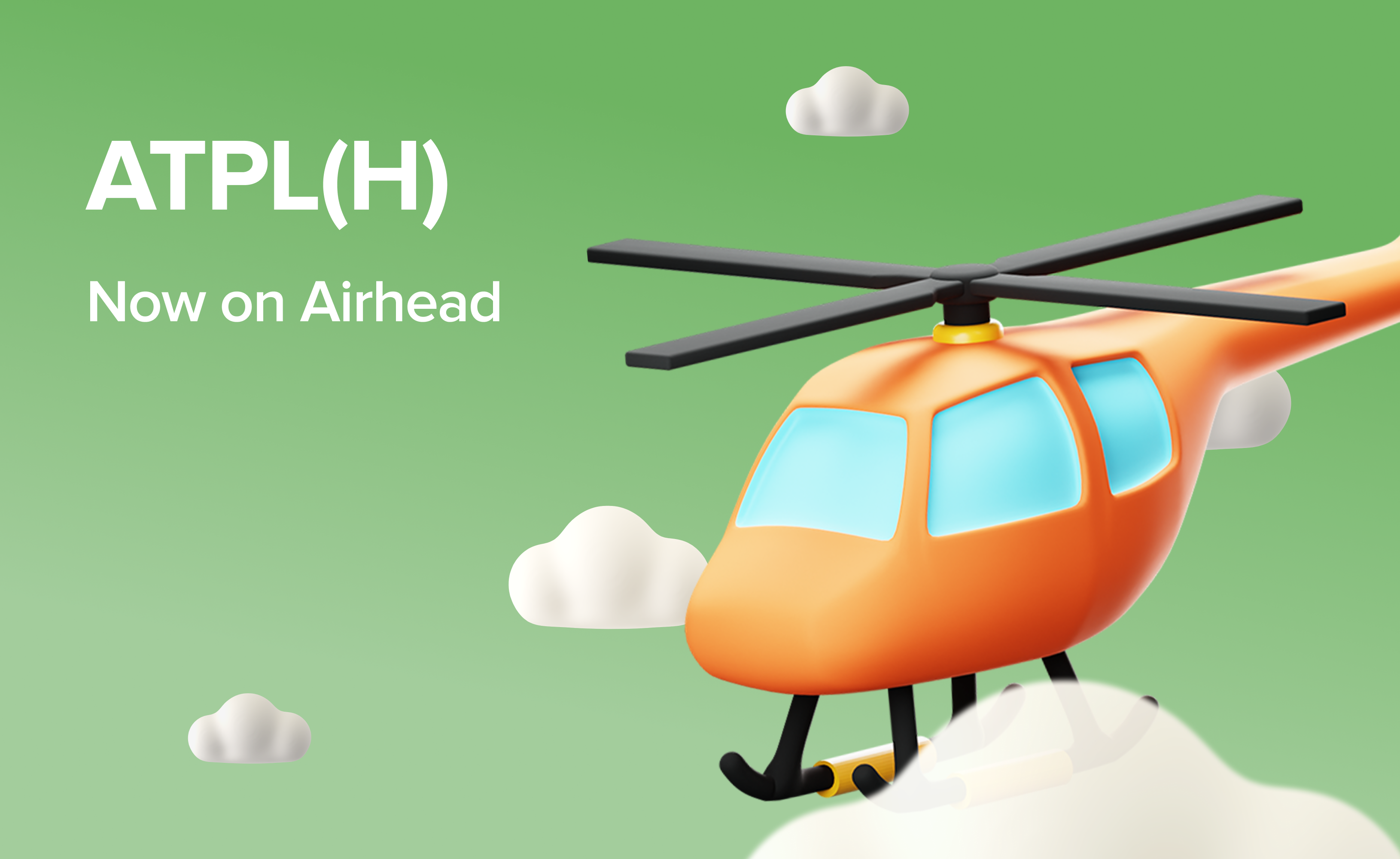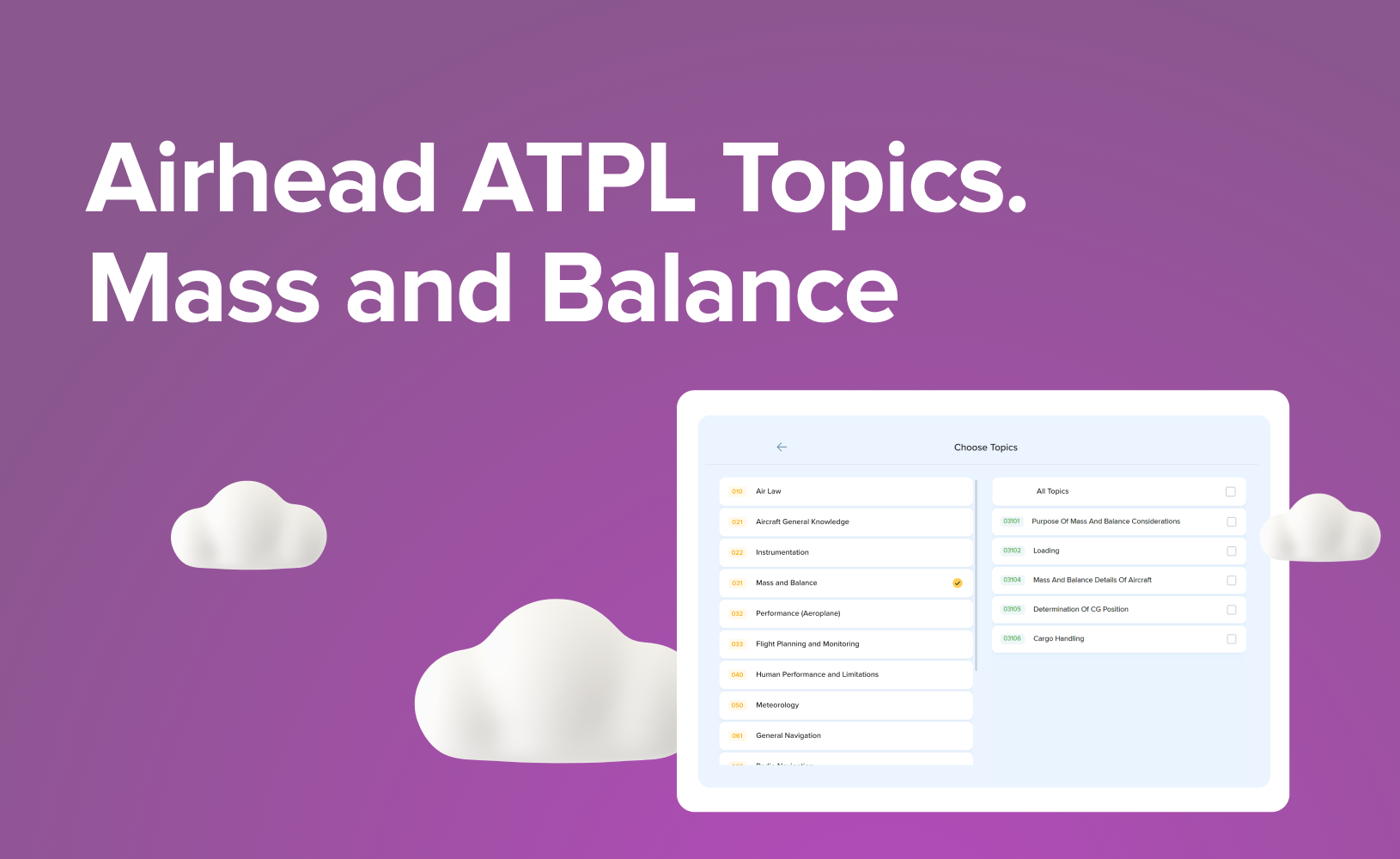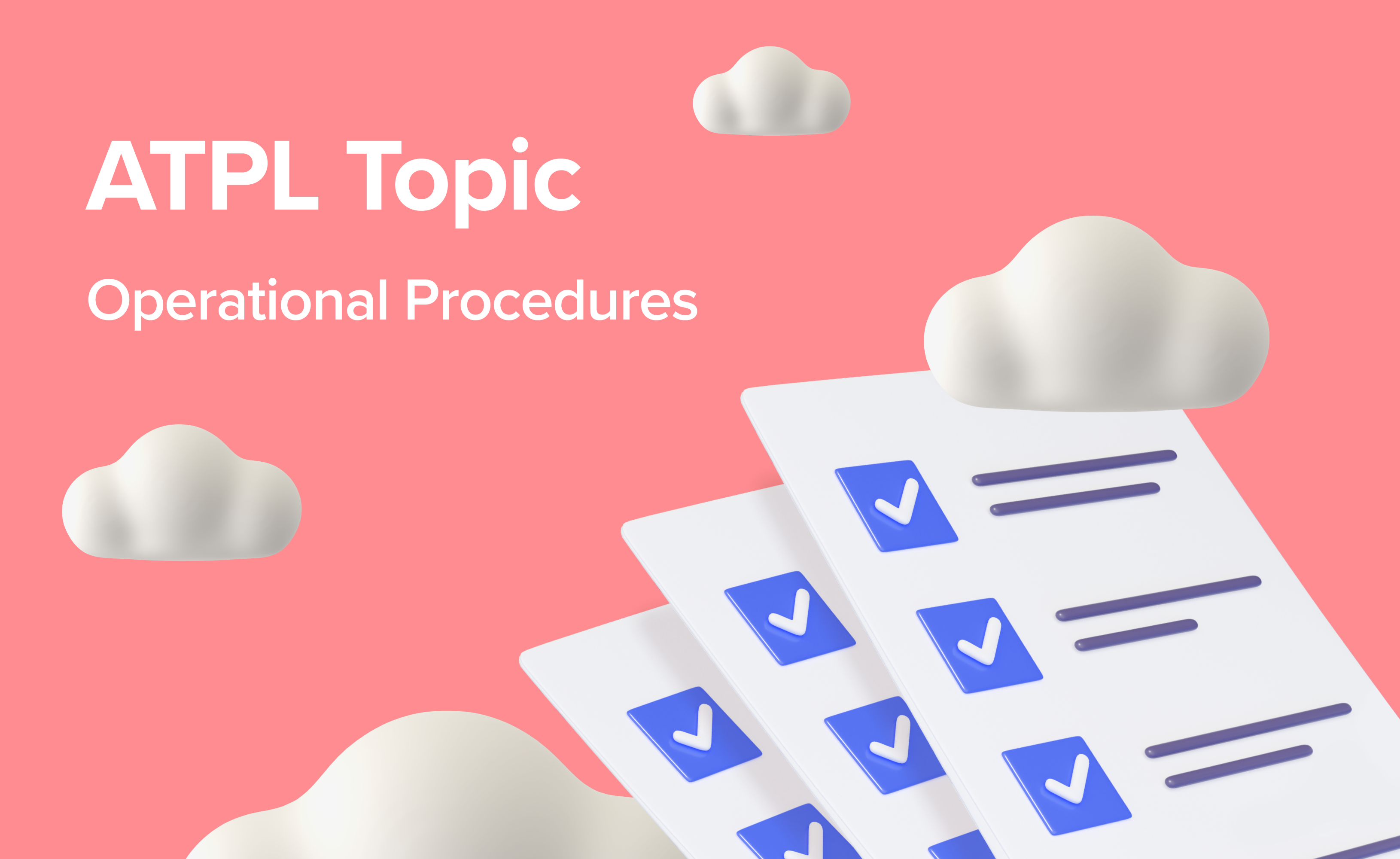Grounded But Not Defeated: 10 Non-Pilot Aviation Paths
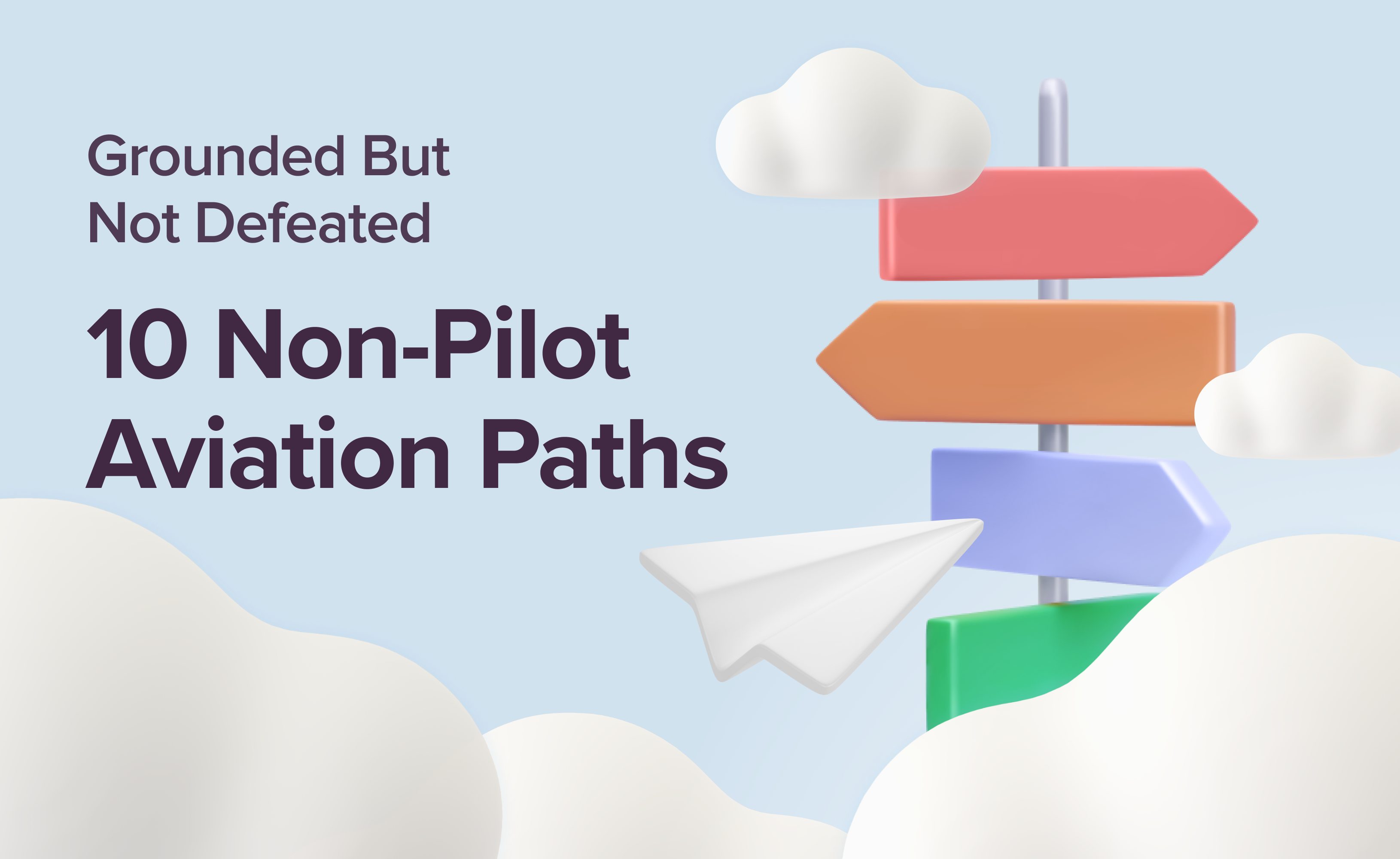
You’ve dreamt of flying, but a medical condition has grounded your ambitions. What do you do when you're “not fit to fly”? It can be discouraging, but it doesn’t mean you have to leave the aviation industry behind. Many rewarding and critical roles in aviation don’t require a medical certificate to fly, offering exciting aviation career alternatives.
Medical Conditions That May Disqualify You from Flying

It’s always difficult when medical conditions stand in the way of your dream to fly, but it’s important to remember that aviation operates under some of the highest safety and medical standards in the world. To hold a pilot licence, you must meet the medical certificate requirements set by aviation authorities, and certain conditions can unfortunately disqualify you.
Here are some of the common medical conditions that might prevent you from getting your wings. These prerequisites fall under the Class 1 Medical Certificate standards needed for commercial pilot training, and their unpredictable nature can pose a danger during flight operations.
Vision Impairment: Poor vision that can’t be corrected to the required standard (usually 6/6 in each eye for distance vision), or severe colour blindness, can affect your ability to fly safely. Approximately 5-8% of men and 0.5% of women are impacted by colour blindness, which can be a major issue when differentiating between critical cockpit displays or runway signals.
Cardiovascular Issues: Conditions like high blood pressure, a history of heart attacks, or other cardiovascular diseases pose serious risks. The unpredictability of such conditions means they often don’t meet the stringent medical standards for pilots. Cardiovascular issues account for about 25% of rejected pilot medical applications.
Chronic Ailments: Long-term conditions such as epilepsy, insulin-dependent diabetes, or severe asthma can also disqualify individuals from flying.
Mental Health Conditions: Severe depression, anxiety, or other mental health disorders can prevent someone from flying, particularly when medication or the condition impacts decision-making, concentration, or alertness. Since mental health stability is crucial for flight safety, these conditions are carefully monitored under aviation medical standards.
Learn how to take care of your mental health as a pilot in our latest blog, Fly Well, Be Well.
It’s also worth noting that there are different types of medical certificates depending on the type of pilot licence you're pursuing. For instance, a Class 1 Medical Certificate is required for commercial pilots and has the highest standards, while a Class 2 Medical Certificate is generally required for a private pilot licence and may have slightly more lenient health requirements. The least stringent is the Light Aircraft Pilot's Licence (LAPL). Designed for pilots flying smaller aircraft under specific conditions.
Note: It's crucial to consult with an Aviation Medical Examiner (AME) to determine the specific medical requirements for your desired pilot licence and to understand the implications of any existing medical conditions.
For more details, check out our previous blog on medical requirements for airline pilots.
Roles in Aviation Without a Pilot Licence
There’s much more to aviation than being in the cockpit and pursuing a flying career. The industry offers diverse opportunities for those who may not qualify to fly after medical examination but still want to be an integral part of it.
1. Theoretical Knowledge Instructor (TKI)

In aviation, becoming a TKI doesn’t necessarily require you to have a PPL or any flying experience, though having flight experience can enhance your understanding and credibility as an instructor. The primary responsibility of a TKI is to teach the theoretical aspects of flying—subjects like air law, navigation, meteorology, and aircraft systems—rather than conducting in-flight instruction.
Many TKIs are former pilots who can no longer fly due to medical reasons. Alongside them, you'll find in flight schools aviation enthusiasts with in-depth theoretical knowledge but no previous flying experience.
While having a PPL or CPL helps provide practical examples from your own flying experience, it’s not a strict requirement for becoming a TKI. You can acquire the necessary knowledge and qualifications through instructor training programmes without flying experience.
Basic Requirements
A solid background in aviation, typically with a private pilot’s licence (PPL) or a commercial pilot’s licence (CPL), but not always essential if you have relevant experience.
A TKI qualification can be gained through in-depth training programmes.
Strong communication skills and a passion for teaching.
Why It’s a Great Option For those who cannot meet the medical standards to fly, the TKI role offers a rewarding way to stay deeply connected to aviation. You’ll help shape the next generation of pilots. Plus, it’s a role where you can constantly stay updated on aviation advancements, keeping your knowledge sharp.
Discover the thrill of flight without the need for a medical aviation certificate. Read Fly on a Dime: Get Airborne with Gliding to learn more."
2. Operations (Ops)
In aviation operations (Ops), you'll manage the behind-the-scenes logistics that keep airlines running smoothly. This includes flight planning, crew scheduling, and coordinating with air traffic control and maintenance teams. It’s an essential part of ensuring that aircraft are ready to fly safely and on time.
Basic Requirements
Strong planning and problem-solving skills.
Knowledge of aviation regulations and operational procedures (which can be gained through on-the-job training or related courses).
Ability to work in high-pressure environments and manage multiple tasks simultaneously.
Why It’s a Great Option If you thrive in fast-paced, dynamic environments and want to impact directly on flight safety, Ops is an excellent career path. You’ll be at the heart of daily airline operations, working as part of a vital team. Ops offers great career growth opportunities, potentially leading to senior management positions within airlines.
3. Air Traffic Control (ATC)

Air Traffic Controllers are responsible for managing the safe and efficient movement of aircraft, both in the air and on the ground. This involves directing pilots during take-off, landing, and while flying through controlled airspace, ensuring safe distances between aircraft. It plays a crucial role in maintaining the safety of the skies.
Basic Requirements
Good health, though the medical requirements are generally less strict than for pilots.
Excellent communication, decision-making, and multitasking skills.
Completion of an ATC training programme, which typically lasts 1–2 years depending on the country and specific role.
Why It’s a Great Option If you enjoy working in high-stakes environments and have strong situational awareness, ATC is a highly respected and well-paid career in aviation. It offers job stability and the satisfaction of playing a vital role in the safety of every flight. Although it’s a demanding job, it doesn’t require a commercial pilot’s medical certificate, making it an ideal alternative career in aviation.
Discover the crucial role of air traffic controllers in ensuring safe and efficient flights in our latest blog, Air Traffic Control: The Unsung Heroes of Aviation.
4. Flight Dispatcher

A flight dispatcher works behind the scenes. They are responsible for planning flight routes, taking into account weather conditions, fuel requirements, air traffic, and aircraft performance. Dispatchers also communicate with pilots before and during flights, providing updates on weather or other operational factors that might affect the flight path.
Basic Requirements
A Flight Dispatcher Licence, which can be obtained through certified training programmes that cover flight planning, regulations, and weather analysis.
Strong understanding of aviation regulations, meteorology, and aircraft performance.
Ability to multi-task, think critically under pressure and communicate effectively with pilots and other aviation staff.
Why It’s a Great Option The job combines aviation knowledge with logistical planning, and since you’re grounded by medical restrictions that apply to the flight crew. Dispatchers often enjoy long-term career stability, and there’s potential for growth into senior operations roles within airlines.
5. Cabin Crew
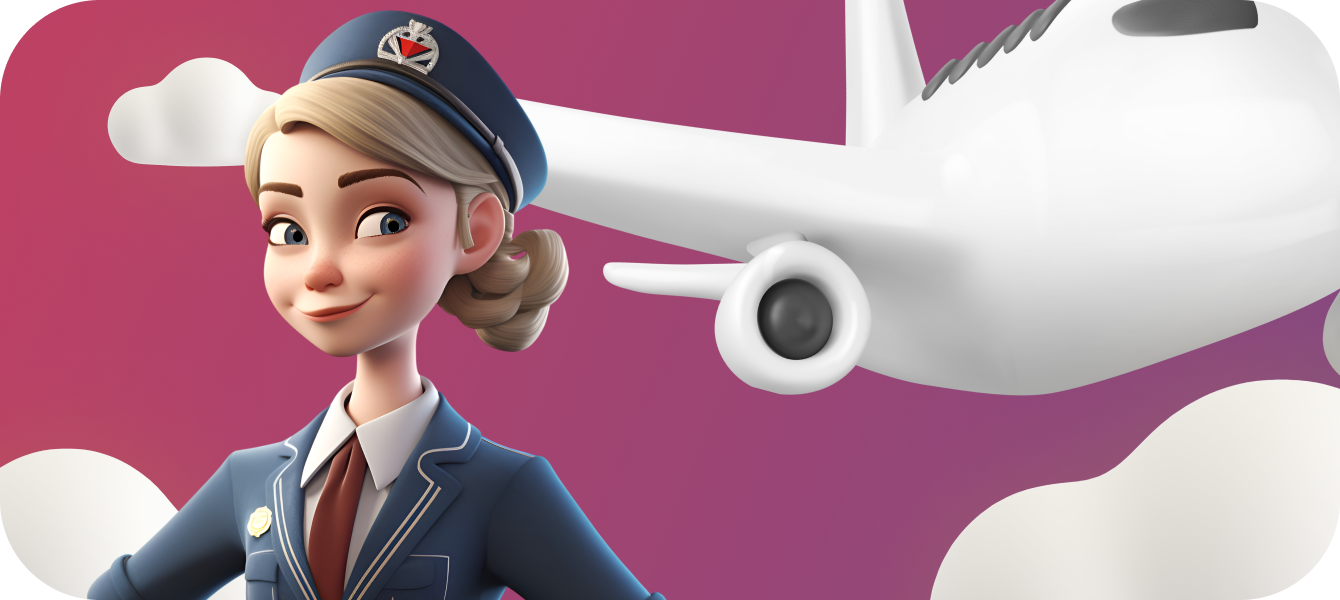
Cabin crew, commonly known as flight attendants, ensure the safety and comfort of passengers during flights. Responsibilities include providing customer service, conducting safety briefings, and handling in-flight emergencies. It’s a customer-facing role that combines safety with service.
Basic Requirements
A high level of physical fitness and the ability to work long hours, including nights and weekends.
Strong interpersonal skills and the ability to stay calm under pressure.
Most airlines provide training, but previous experience in hospitality or customer service is a plus.
Why It’s a Great Option Unlike pilots, cabin crew don’t need to pass rigorous medical tests, making it more accessible if you’re “not fit to fly.” This is a fantastic career for those who enjoy travel, meeting new people, and working in an ever-changing environment. While it involves long hours, it’s a rewarding role for anyone looking to explore the world while maintaining a critical focus on safety.
6. Management and Administration
Aviation management covers a wide range of administrative and leadership roles, from managing day-to-day airport operations to working in airline management, overseeing human resources, finance, marketing, and overall business strategy. Aviation managers ensure that both operational and commercial aspects of aviation businesses run smoothly, ensuring profitability, customer satisfaction, and regulatory compliance.
Basic Requirements
A degree in Aviation Management, Business Administration, or a related field.
Experience in management or administration roles, ideally within the aviation industry.
Strong leadership, time-management, and communication skills, with the ability to manage complex operations and coordinate with different departments.
Why It’s a Great Option For those who are business-minded but still passionate about aviation, management, and administration roles give rise to a rewarding career. These positions allow you to be at the heart of aviation strategy, guiding the business side of airlines, airports, or aviation service providers.
7. Safety, Maintenance, or Engineering Roles

These roles focus on the technical and mechanical aspects of aviation. Aviation safety officers work to implement and monitor safety protocols, ensuring compliance with regulations. Aircraft maintenance technicians (AMTs) and engineers are responsible for inspecting, repairing, and maintaining aircraft systems, engines, and avionics. Engineers also work on designing and improving aircraft structures and systems.
Basic Requirements
Maintenance and Engineering: A qualification in Aerospace Engineering, Mechanical Engineering, or related fields, plus certification as an Aircraft Maintenance Engineer (AME) or Licensed Aircraft Engineer (LAE).
Aviation Safety: A background in aviation safety, typically through safety management certification or a degree in Aviation Safety or Risk Management.
Attention to detail, technical expertise, and thorough knowledge of aviation regulations (such as EASA Part 66 for engineers).
Why It’s a Great Option If you have a technical mind, these roles are for you. They are crucial to keeping the entire industry operational. There’s also a growing demand for specialists in aviation maintenance and safety as fleets expand and technology becomes more complex. Additionally, these roles offer clear career paths with opportunities for advancement into senior engineering or safety management positions.
8. Aviation Law
Aviation law covers legal matters related to the aviation industry, from regulatory compliance and safety standards to contracts, aircraft leasing, and even accident investigations. Aviation lawyers work with airlines, airports, manufacturers, and aviation authorities to handle legal issues involving air transport, passenger rights, and international aviation law. You might be involved in litigation, contract negotiations, or drafting aviation regulations.
Basic Requirements
A law degree (LLB) and completion of a legal practice course (LPC) or equivalent.
Become a specialist in aviation law, either through additional studies or by gaining experience in the aviation sector.
Strong research and negotiation skills and familiarity with both national and international aviation regulations (such as ICAO and EASA standards).
Why It’s a Great Option For those who are passionate about aviation but unable to meet medical requirements, aviation law offers an exciting alternative career. It allows you to stay connected with the industry in a critical, impactful role—ensuring that safety, regulations, and operations comply with the law. It’s also a well-respected and well-paid profession, with opportunities to specialise further in areas like aircraft leasing or air accident investigation. Plus, it offers room for growth, allowing you to work with major airlines, airports, or even regulatory bodies like the Civil Aviation Authority (CAA) or The European Union Aviation Safety Agency (EASA).
9. UAV (Drone) Operator
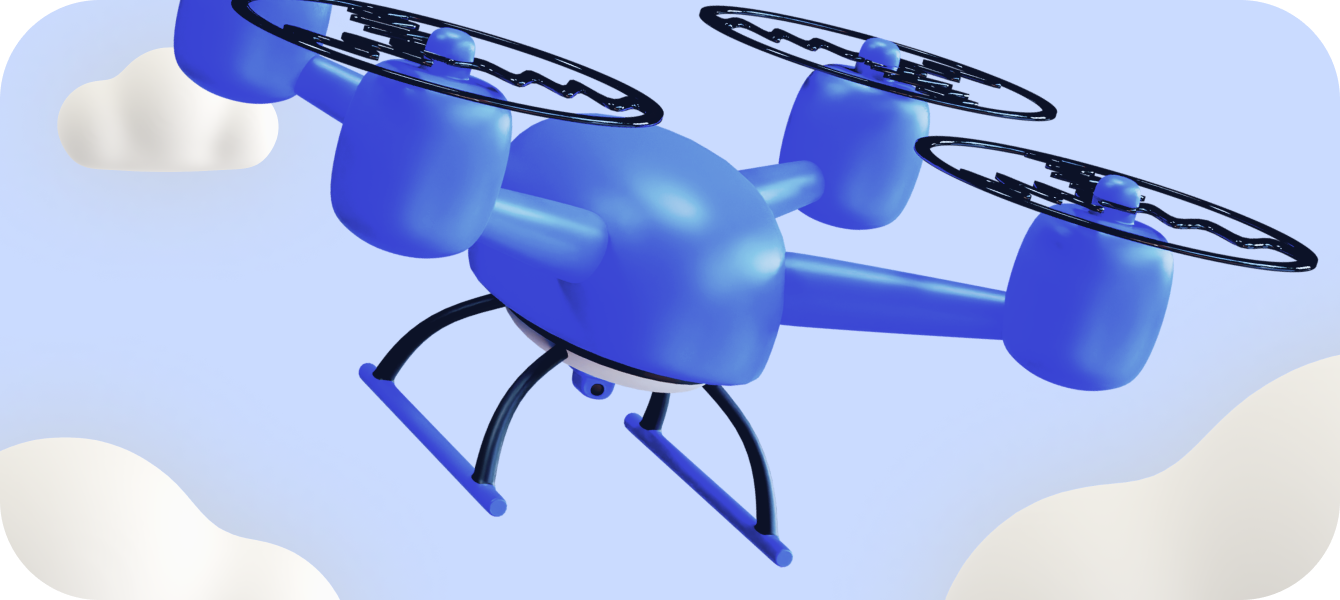
Unmanned Aerial Vehicle (UAV) operators, also known as drone pilots, control drones for various purposes, such as aerial photography, surveying, cargo delivery, agricultural monitoring, or infrastructure inspections. With the rise of drone technology, UAV operators are in high demand across industries such as media, construction, agriculture, and emergency services.
Basic Requirements
CAA Permission for Commercial Operation (PfCO) or an equivalent qualification to fly drones for commercial purposes.
Completion of a certified drone training programme, including theoretical and practical components.
Strong hand-eye coordination and the ability to operate drones safely in different environments.
Why It’s a Great Option UAVs are revolutionising industries, and becoming a drone operator offers exciting opportunities in fields as diverse as film production, environmental conservation, and delivery logistics. Best of all, the medical requirements are much less stringent, and the costs of getting certified are relatively low compared to traditional pilot training. With drones playing a larger role in everything from search-and-rescue operations to parcel delivery, the job market for UAV operators is expanding rapidly.
10. Meteorologist (Aviation Weather Specialist)

Aviation meteorologists provide weather forecasts and briefings that are critical for flight planning and safe air travel. They analyse atmospheric data to predict weather conditions that could impact aviation operations, such as turbulence, thunderstorms, icing conditions, or wind patterns. Meteorologists work closely with pilots, air traffic control, and flight operations to ensure flights can operate safely.
Basic Requirements
A degree in Meteorology or Atmospheric Sciences is typically required.
Advanced knowledge of aviation weather systems, often gained through on-the-job training or additional courses.
Strong analytical skills and the ability to interpret complex weather data to provide accurate, real-time forecasts.
Why It’s a Great Option You’ll be at the forefront of flight safety, ensuring pilots are aware of potentially hazardous weather conditions before take-off. For those who are fascinated by weather patterns and aviation but can’t meet pilot medical standards, becoming an aviation meteorologist offers a fulfilling and highly impactful career. Plus, you’ll be working in a very specific niche that offers stability and growth within both the public and private sectors.
Airhead's Takeaway

When medical limitations prevent you from achieving your dream of flying, it can feel like the end of the journey. But in reality, it’s just a change of course. Aviation is more than just being in the cockpit — it’s a vast, interconnected world where every role plays a vital part in keeping the industry soaring. While your dream to fly may have shifted, your passion for aviation doesn’t have to fade.
Remember, the sky is never truly the limit. Whether you become a flight dispatcher, a theoretical knowledge instructor, or take on a leadership role in aviation management, your contributions are just as essential to the future of flight. Dreams can evolve, and sometimes, the most fulfilling journeys are the ones that take unexpected turns. So, don’t let a medical condition ground you. Instead, let it inspire you to explore the many paths in aviation that still lie ahead.


